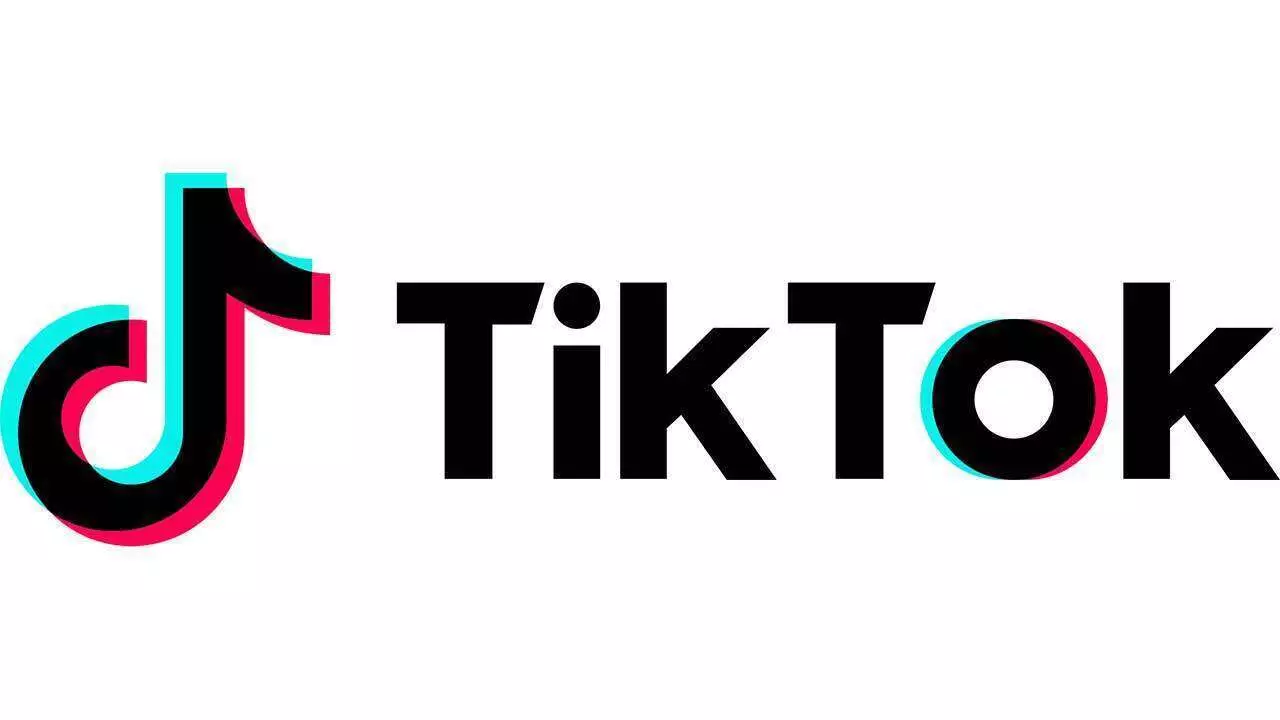The recent decision by the United States Supreme Court to uphold a ban on TikTok represents a significant moment in the ongoing debate over digital privacy, national security, and free speech. With the ruling set to take effect on January 19, the implications for users, content creators, and the broader social media landscape are profound. This ruling strikes at the heart of First Amendment rights, indicating the Court’s belief that national security concerns can supersede individual expression in the digital age.
The legislative journey leading to this ban is rooted in a bipartisan concern regarding data security and the potential adverse effects of foreign influence on American soil. TikTok, owned by the Chinese company ByteDance Ltd., has been subjected to intense scrutiny due to its data practices and alleged ties to the Chinese government. The ban was initially championed as a necessary measure in the face of these fears, reflecting a growing sentiment within Congress that action was required to protect American citizens from perceived espionage threats.
Following the legislation’s passage, President Biden, who signed it into law, has indicated he might refrain from enforcing it on his last day in office. This juxtaposition raises questions about the current administration’s stance on TikTok and its future. The incoming administration under President-elect Donald Trump is expected to take a divergent approach, including plans to maintain the app’s availability.
Despite the Supreme Court’s green light for the ban, TikTok has a potential lifeline: if the company can locate a buyer in the United States before the enforcement date. However, as legal representatives for ByteDance have pointed out, the intricacies of Chinese law may hinder such efforts. This scenario presents a unique challenge for potential buyers, as the proprietary algorithms that drive TikTok’s popularity are considered highly sensitive assets.
Moreover, while TikTok is actively preparing to cease its operations in the U.S., the public’s response and the platform’s vast user base complicate the scenario. TikTok has become synonymous with entertainment, particularly among younger demographics, where its role in gaming culture has grown significantly. The application is not merely a social media platform but a cultural phenomenon, allowing users to express creativity and connect across a multitude of interests.
The decision by the Supreme Court sits at the crossroads of digital privacy rights and free speech. As the lines blur between national security measures and personal freedoms, the ruling could set a precedent for future legislation targeting other social media platforms seen as risky due to foreign ownership. The implications for free speech are particularly concerning. If future decisions lean towards prioritizing national concerns over individual expression, the free exchange of ideas online could diminish.
As this situation unfolds, it will be essential for citizens, lawmakers, and tech companies to engage in an ongoing dialogue about privacy and security in the digital realm. Striking the right balance between protecting national interests and safeguarding individual liberties will define the future of social media and its place in American society. The TikTok saga is more than just a story about an app; it is a litmus test for our values in an increasingly interconnected world.

